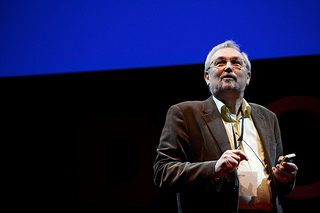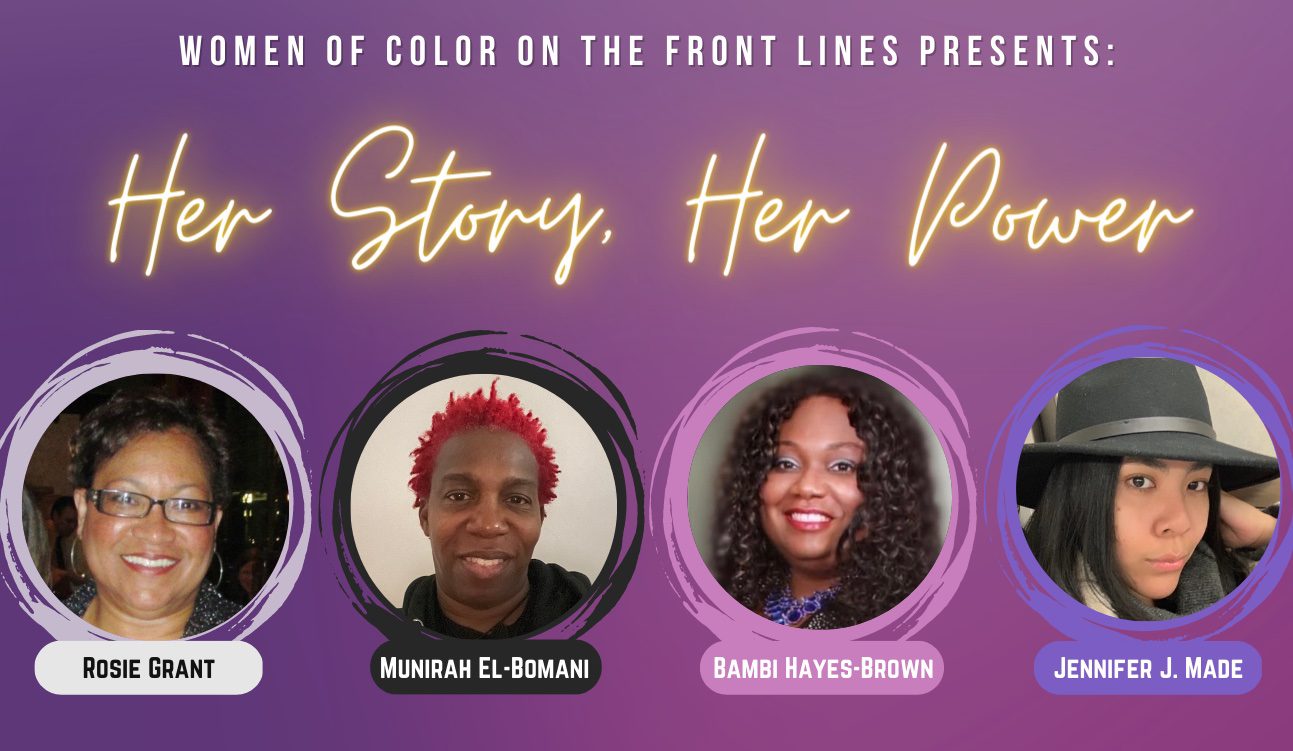I think about Dunbar’s number when I hear people talk about community development needing to “scale-up.”
In the early 1990s, British anthropologist Robin Dunbar made a series of observations and hypotheses about human brain capacity and Pleistocene social formations and predicted a “mean group size” of approximately 150 (within a range of 100 to 230), above which stable social relationships between group members would be difficult.
Dunbar’s research was originally meant to explain the sizes of early human settlements, but popularly applied to current times, Dunbar’s number has come to stand for the number of quality relationships that any one person can reasonably sustain given the limits of our headspace and busy schedules—that is, any one person can only put in the time, care and thought to sustainably maintain 150, give or take, real relationships at any given time
Social media advocates will tell you that the internet has made Dunbar’s number obsolete—that Facebook and Twitter have exploded the number of stable social relationships that an individual can maintain.
I don’t know if I believe the precise calculation of the number but, as a harried parent of two young kids, I know in a deep and real sense my own limitations in trying to maintain quality links within my own web of relationships. Regardless of the number in and of itself, I believe in the lessons of Dunbar’s number at a gut/personal level—that there are limits to what humans can process and that interactions that foster trust and mutual investment take time and effort.
So I get nervous when people start talking about community development needing larger economies of scale. I understand that more units can make a tax credit housing project proforma work better, but bigger is not always better. Not that I think increasing scale is immediately and always wrong, but I think we need to be careful about pushing demands for scale beyond what is cognitively and socially sustainable. I also worry that we fetishize counting widgets produced to the detriment of an understanding that building community is fundamentally about relationships.
Setting aside basic survival and anxiety over basic survival, I think that the quality of our relationships are the main determinants of the quality of our lives. I think quality human relationships are the heart and backbone of a more just and caring society—that people and institutions need the time and space to build the relationships that would foster real social change, real social justice. And this is not only about the pie-in-the-sky stuff. Dunbar’s number also speaks to accountability, organizational culture, and finding a healthy work-life balance.
Military strategists, business management psychologists, software developers for online games are all people who are rethinking optimal operating sizes and practices in light of Dunbar’s number. Community development would do well to muse on this topic as well.
(Robin Dunbar speaking at a TED conference in 2012. Photo by Anna Gordon CC BY-NC)





That is certainly an important consideration, Josh. Speaking from the perspective of a large nonprofit who does seek to take advantage of economies of scale, I will say that it only works by having lots of people in different places having the kind of meaningful local relationships you describe, supported by an organizational infrastructure that consolidates back office tasks like accounting and IT so that people in the field have more time to build those interpersonal connections. It’s been a while since my undergraduate anthropology classes, but doesn’t Dunbar’s number apply primarily to hunter-gatherer societies? As we started to specialize more, we were able to replace social relationships with specialized tasks, and money to signify the value of our work. We were able to be more insulated from economic shocks, because the goods we needed could come from outside our social circle. I guess what I’m saying is that I don’t think that scale and close social relationships are necessarily opposing forces when it comes to community development.